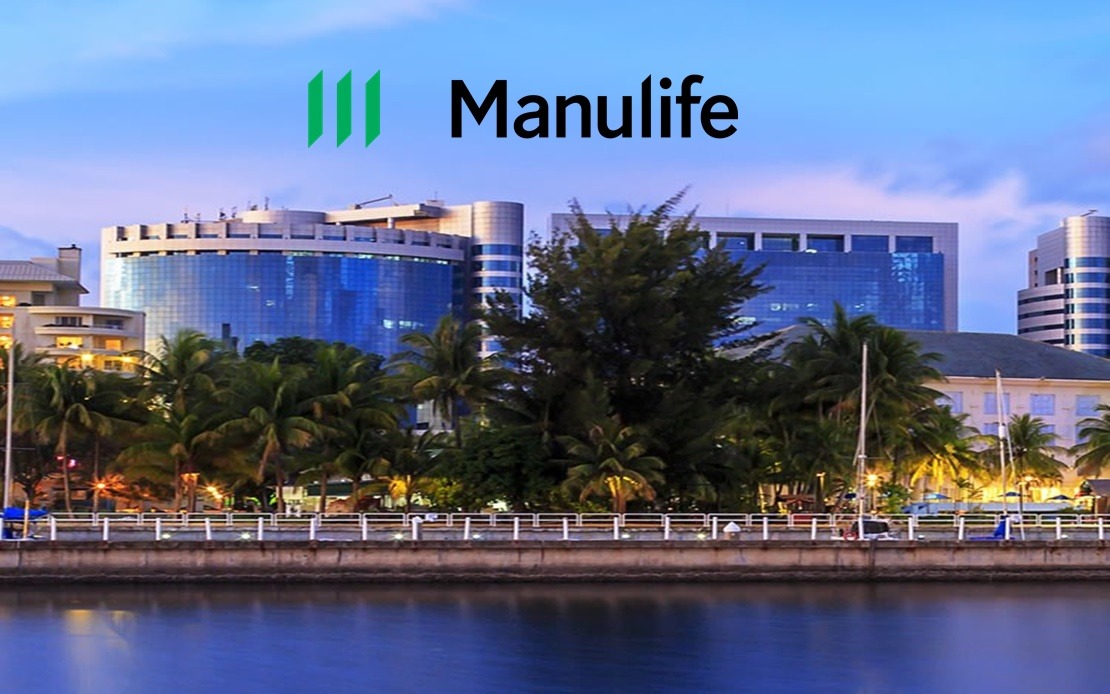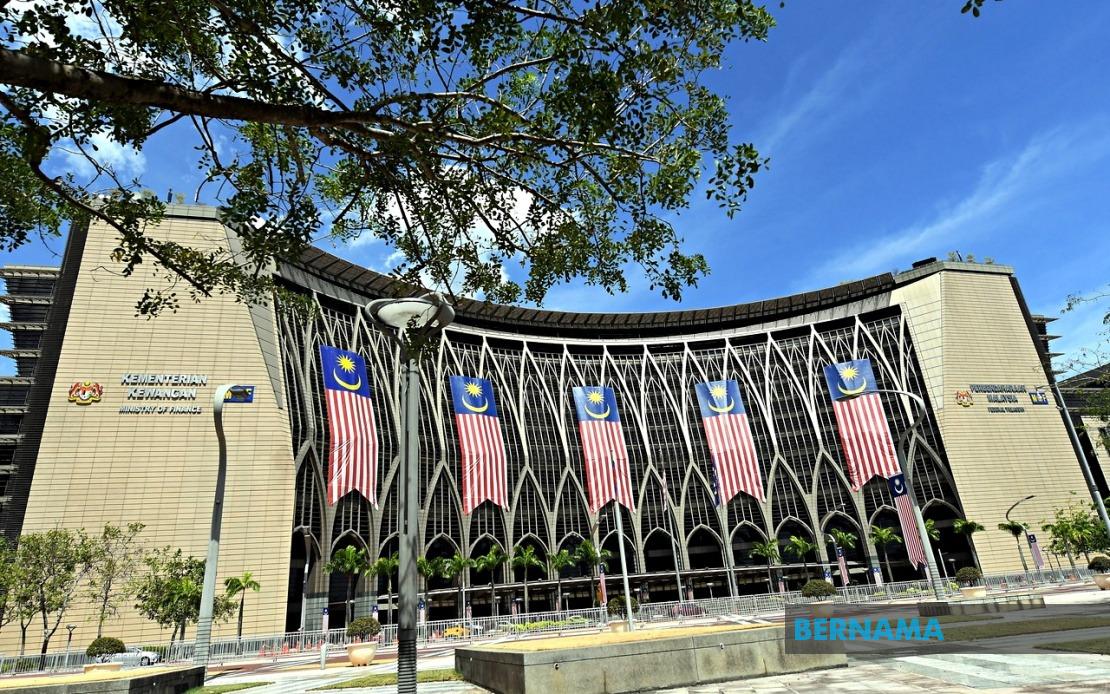NEWS
Imperative to promote smart manufacturing to sustain economic growth

KUALA LUMPUR, Oct 11 – It is imperative to continuously promote the manufacturing sector to sustain economic growth by focusing on high-end industries and smart manufacturing, to move the industry up the value chain while enhancing its international competitiveness.
The Ministry of Finance (MoF) in its Economic Outlook 2020 Report released today said the manufacturing sector played an important role in Malaysia’s economic growth, expanding at a rapid pace of six per cent annually between 2011 and 2018 and contributed 22.4 per cent to the gross domestic product in 2018 from 8.6 per cent in 1960.
The report said the sector employed 2.5 million persons in 2018 and constituted 47.4 per cent of the total foreign direct investment (FDI) inflows of RM32.6 billion for the year, while manufactured goods accounted for 80 per cent of total exports.
Nevertheless, it said the sector continues to face various issues and challenges including premature deindustrialisation, low adoption of technology and local content development, as well as skills deficit.
“Malaysia began to deindustrialise since 2000, as evidenced by the twin decline in employment as well as the output share of the manufacturing sector.
“In addition, less-than-desirable policy landscape as well as lack of technology upgrading and industry-government coordination, led to the slow progress of the sector in moving up the value chain,” the report said.
It said unlike South Korea and Taiwan, employment in high value-added segments was also low, thus, more likely to result in premature deindustrialisation.
The MoF said despite strong growth and a large improvement in export sophistication in the country, the Total Factor Productivity (TFP) has not grown as much as Malaysia relied substantially on multinational companies (MNCs) and FDIs for export upgrading and technological transfer.
“Furthermore, Malaysian firms are unable to create technology, which is a prerequisite in innovating and increasing productivity.
“Apart from that, research and development and commercialisation and innovation (R&D&C&I) activities in the manufacturing industries, particularly among small and medium enterprises (SMEs), are often constrained by inadequate resources,” it said.
As a result, most of the R&D&C&I efforts were undertaken by the government and MNCs.
Although there are a number of R&D activities carried out by public research institutions, the report said the findings often do not match the industry's requirements, hence industry players would resort to using existing technology without further enhancement, resulting in lagging technologies as compared to other newly industrialised economies.
The ministry also highlighted the importance of using local content to help domestic industries in terms of industrial development, jobs creation, inter-sectoral linkages and value-added activities.
Nevertheless, it said in Malaysia, the manufacturing sector is highly import-intensive, in particular electrical and electronics (E&E) and chemical products, partly due to the intense complexity of the global supply chain.
“Due to low technological capabilities of local firms, most of the industry players especially MNCs, would rarely use local supplies to support their operations,” it said.
Despite entering the era of Industrial Revolution 4.0 (IR 4.0), the report noted only 30 per cent of the Malaysian workforce is in the skilled category, mainly due to the readily available pool of low-skilled low-cost foreign workers which discourages industrial improvement and upskilling of the workforce.
It said Malaysia is also facing acute brain drain as reflected by the World Bank report (2011), which estimated that one in every ten skilled Malaysians opted to work abroad.
In this regard, various measures could be undertaken such as streamlining incentives under a one-stop incentive centre, re-engineering training and skills, venturing into new focus areas, and developing an integrated manufacturing hub.
“Malaysia has a wide range of tax incentives under various government entities. Streamlining these incentives under a one-stop centre will create a more conducive business environment to investors.
“MIDA had established an i-Incentives portal that provides information on investment incentives that covers tax exemptions, grants, soft loans and others. The existing Incentive Coordination and Collaboration Office (ICCO) could act as a national coordinator for all investment incentives,” said MoF.
The restructuring of ICCO will centralise all the database management systems to further enhance the coordination and management of government incentive.
Malaysia's transformation towards IR 4.0 requires an approach and an ecosystem that optimise the relationships among people, process and technology.
Malaysia also needs to look into re-engineering training and skills to cater for the rise of digitalisation stemming from IR 4.0, whereby among the skills required globally in the next decade are complex problem solving, critical thinking, creativity and people management.
Lack of these skills raise concerns as most of the employment in the country has been concentrating on the low- and semi-skilled jobs.
These initiatives are expected to sustain the future growth of the manufacturing sector, especially the new focus areas, namely fifth-generation cellular network (5G), artificial intelligence (AI), big data analytics (BDA) and Internet of Things (IoT) that will be well-suited to support the high-tech industries to move up the value chain and are expanding rapidly, it said.
Likewise, Malaysia needs to leverage its strategic location and focus on building a complete ecosystem in becoming an integrated manufacturing hub.
According to the report, there are currently five economic corridors, more than 200 industrial areas, 13 free industrial trade zones and 22 halal parks throughout Malaysia.
Nevertheless, the country is yet to be considered a comprehensive manufacturing hub with a complete ecosystem for modern services and advanced industries such as Kunshan and Chongqing in China, it added.
Kunshan has become the key manufacturing base for electronic information products in the world, while Chongqing has a more diversified industrial structure, including processed food, automobile, chemicals, textiles, machinery and electronics.
-- BERNAMA
OTHER NEWS
Budget 2022: Impact on fixed income market almost negligible, says Manulife

KUALA LUMPUR, Nov 12 -- The impact from Budget 2022 on the fixed income market is almost negligible, given that there were no major surprises in terms of the country’s debt financing requirement and fiscal position, said Manulife Investment Management (Manulife).
Govt needs to look for other ways to increase revenue beyond Budget 2022 taxes - Expert

KUALA LUMPUR, Nov 11 -- Budget 2022 tax initiatives may not contribute significantly to government revenue and there is a need to look for other ways to increase it for the sustainable economic growth of the country, according to a tax expert.
Budget 2021 formulated based on valid data - MoF

KUALA LUMPUR, Dec 16 -- Budget 2021 was formulated based on reports presented by relevant bodies whose data could be determined to be valid, the Ministry of Finance (MoF) said.
HIGHLIGHTS
Budget 2022 initiatives to drive Malaysia's EV sector ahead
Budget 2021: Allocation to ensure conducive learning environment - Radzi Jidin
Ku Li will not participate in Budget 2021 debate
Budget 2021: MoT to provide incentives to lighten people’s burden - Wee
RM200 mln plan to rehabilitate tourism in Budget 2021 - Nancy Shukri
EXCLUSIVE
Budget 2020 to fast track logistics industry growth - Industry players
Labuan Malay Chamber hails Budget 2020 as fiscal stimulus
Government urged to iron out issues pertaining to implementation of 90-day maternity leave

MANCHESTER, Oct 16 -- Industry players say the 2020 Budget tabled last Friday clearly reflects the government's commitment to developing the domestic logistics sector by addressing o...

Exclusive report by Jailani Hasan
LABUAN, Oct 16 --The Labuan Chamber of Malay Entrepreneurs ( DUML) has hailed the 2020 Budget presented by Finance Minister Lim Gu...

Exclusive report by Mohd Fharkhan Abdul Ghapar
KUALA LUMPUR, Oct 15 (Bernama) -- The government is advised to refine the implementation of the 90-day maternity ...
ECONOMIC REPORT
Budget 2021: MoT to provide incentives to lighten people’s burden - Wee

KUALA LUMPUR, Nov 19 -- The Ministry of Transport which receives RM6.05 billion allocation under Budget 2021, will be providing various incentives to benefit the people.
2021 Budget : MAFI, private sector must co-operate to optimise Budget 2021
KUALA LUMPUR, Nov 16 -- The Ministry of Agriculture and Food Industries (MAFI) and the private sector must escalate co-operation to optimise the allocation in the 2021 Budget to MAFI so that ...
Budget 2021 described as inclusive for all in tourism sector

KUALA LUMPUR, Nov 9 -- The inclusive Budget 2021 touching on the involvement of various parties contributing to the economic chain related to the tourism sector is seen capable of revital...
BNC LIVE
BUDGET SPEECH

© 2025 BERNAMA. All Rights Reserved.
Disclaimer | Privacy Policy | Security Policy This material may not be published, broadcast,
rewritten or redistributed in any form except with the prior written permission of BERNAMA.
Best viewed in Firefox 58.0.1 (64-bit) & Chrome Version 63.0.3239.132 (Official Build) (64-bit) with 1920 x 1080 resolution